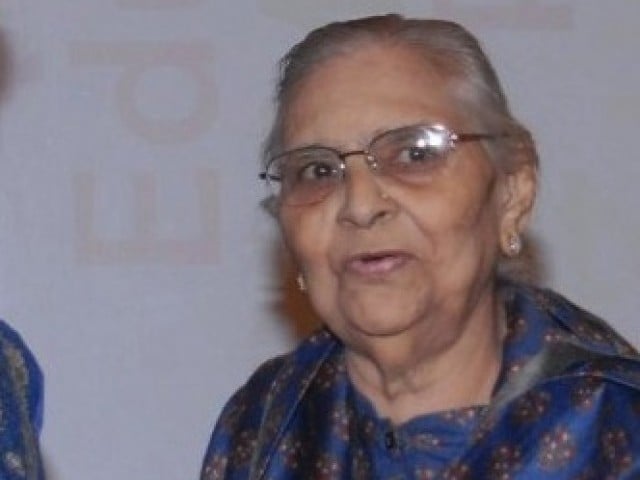
Khuhro recalled his association with Ali that began when she was a news reader at Radio Pakistan. He recalled how she proved herself time and time again and dedicated her entire life for education. Khuhro admired her work in the education sector, especially in the Sindh Education Foundation (SEF). Monday's programme was organised by SEF to pay tribute to Ali.
"The province's situation will change if 15 more women like Anita Ghulam Ali are born and they dedicate their lives like she did," said education secretary Fazlullah Pechuho.
Economist Kaiser Bengali found Ali's views enlightening at the time of Ziaul Haq's martial law. He remembered her in his student life when he invited her to speak at an event. "She was a rebel," he said. "It is good to be rebellious for the sake of integrity and commitment."
Read: Anita Ghulam Ali, who dedicated her life to education, dies at 80
Sindh’s failing education standards
Sindh is struggling under the weight of high dropout rates, lower attendance and other challenges, pointed out Khuhro, adding that his government has not compromised on the issue of fake appointments despite tremendous pressure from political parties.
The education minister also felt the department needs to set some goals and work on achieving them. "Why don't we wonder why our schools have low enrolment despite the fact that we give free education and books in government schools," he asked before responding that this is due to the poor environment of government schools.
"We should aim to increase enrolment by at least five per cent every year," he said. The education department is planning to provide basic facilities and a good environment to more than 10,000 schools in Sindh in the next three years, he added.
The education secretary admitted that the department had missed the Millennium Development Goals. "But we are trying hard to attain the Sustainable Development Goals by the year 2030," he hoped.
His department is working with the planning and development department to establish monitoring units so they can evaluate the performance and meet the goals by 2030. "The work is in process and monitoring units will be set up within 20 days," he told The Express Tribune.
Ways to improve
For Bengali, the fault lies with the politicians. No politician actually implements education-based projects on the ground level, he said. If a politician stops getting votes until he works for education and health, then he will surely work towards basic education and health facilities at least, he pointed out.
He also suggested that the election commission should separate education department and teachers from election duties. Teachers are hired through political affiliations to help in election duties, which has ruined the education system of the country, he said.
Read: Tributes pour in for Anita Ghulam Ali
SEF managing director Naheed Durrani shared some statistics that showed that more than four million children are out of schools. Low Cost Private Schools (LCPS) should be introduced for them, she suggested. "We see such schools across the world and they are giving good results," she said, citing an example of the United States where LCPS are working as $3 and $4 schools. These schools are catching attention all over the world and are changing the ways of reforming the education sector, she said.
The question raised here is whether or not these schools can be a solution to bringing back out-of-school students in Sindh, she wondered.
Published in The Express Tribune, October 6th, 2015.



1725967717-0/Untitled-design-(3)1725967717-0-165x106.webp)

1730547935-0/Untitled-design-(5)1730547935-0-270x192.webp)

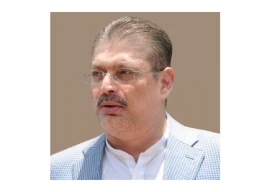

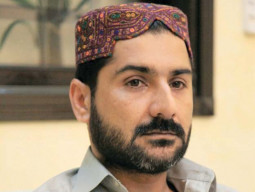
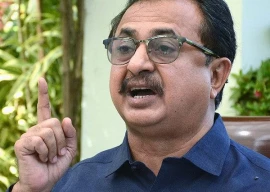
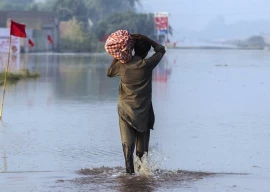





COMMENTS (1)
Comments are moderated and generally will be posted if they are on-topic and not abusive.
For more information, please see our Comments FAQ